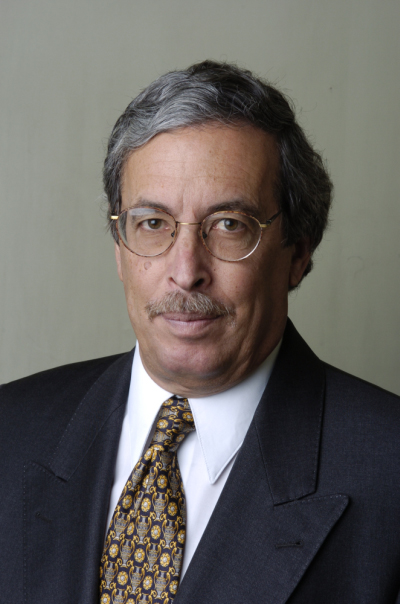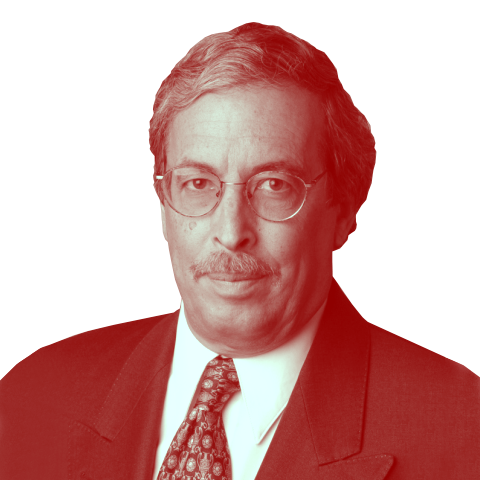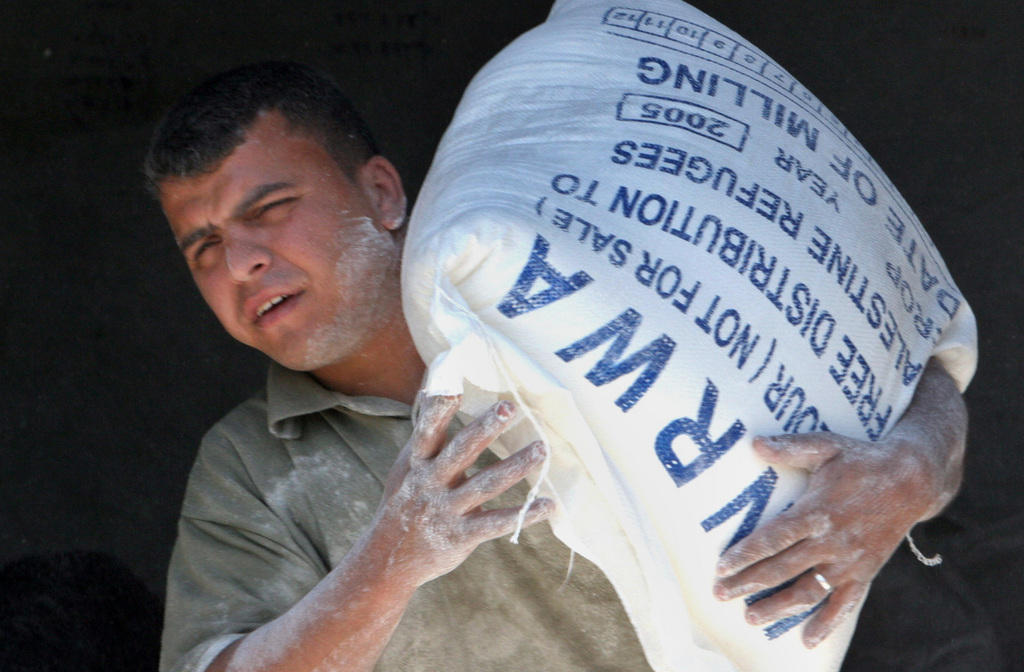The (im)perfect timing of the UNRWA report
A damaging internal report has cast a very dark shadow over the ethical behavior of top officials of the United Nations Relief and Works Agency for Palestine Refugees (UNRWA). Its timing raises political questions over the future of Israeli-Palestinian relations.
The report, which was sent to the UN Secretary General in December but only recently made public, cites “credible and corroborated reports” that members of an “inner circle” at the top of UNRWA, including Swiss Commissioner-General Pierre Krähenbühl, have engaged in “sexual misconduct, nepotism, retaliation, discrimination and other abuses of authority for personal gain, to suppress legitimate dissent, and to otherwise achieve their personal objectives”.
While the ethics report deals only with the internal workings of the organization, there is no question that one cannot separate the political from the ethical here. Why are questions being raised now about ethical issues within UNRWA?

With continuing tensions between Palestinian authorities and Israel and the Trump administration’s peace plan still incubating, the report is a cold shower for any hopes of ameliorating the lives of millions of displaced Palestinians. They are dependent on UNRWA for social services like schools and hospitals. Generations of Palestinians have been stuck in camps, with UNRWA doing all that’s been possible to alleviate their suffering.
Is the report part of a larger strategy? By publicly criticizing UNRWA now, are the powers that be hoping to force the Palestinians to sign an agreement that will have no promise for the right to return? When the United States decided to stop funding UNRWA in 2018, a spokesman for the Palestinian Authority suggested that the US was “using humanitarian aid to blackmail and pressure the Palestinian leadership to submit to the empty plan known as ‘the deal of the century”.
‘Part of the problem’
As one would expect, reactions to the ethics report have been immediate. The Swiss Foreign Ministry has announced that it has “decided to temporarily stop payments to the United Nations Relief and Works Agency for Palestinian refugees in the Near East (UNRWA)”. Already in 2018, Swiss Foreign Minister Ignazio Cassis publicly criticized the role of UNRWA after a visit to Jordan. He said at the time that it would be impossible to make peace between Israel and the Palestinian Authority because “for as long as Palestinians live in refugee camps, they want to return to their homeland”.
“For a long time the UNRWA was the solution to this problem, but today it has become part of the problem,” Cassis said. “It supplies the ammunition to continue the conflict. By supporting the UNRWA, we keep the conflict alive. It’s a perverse logic.”
The Jewish News Syndicate trumpeted over the scandal: “Revelations of rampant wrongdoing in the corridors of UNRWA couldn’t have shamed a more worthy organization. Though normally it’s not nice to gloat over the misfortunes of others, the schadenfreude elicited by the news of inappropriate behavior going on behind the walls of this particularly vile organization was warranted.”
An Israeli journalist, Ruthie Blum, tried to put another nail in the agency’s coffin: “Nothing short of shutting down UNRWA will be satisfactory since its very existence is a criminal scam…In the meantime, let us take some comfort in the agency’s well-earned public humiliation.”
The United States ended all funding to UNRWA in 2018, prior to the current scandal, describing the organization as “irredeemably flawed.”
Walking the line
The schism between humanitarianism and politics is not as wide as most believe. Organizations like UNRWA walk a very thin line between assisting all in need and taking sides in conflicts. In response to the current story, UNRWA responded that it “is probably among the most scrutinized UN agencies in view of the nature of the conflict and complex and politicized environment it is working in”.
Any serious abuses within UNRWA should be scrutinized and punished. That should go without saying. And given the sensitivity of their activities, organizations like UNRWA should be especially careful about their actions. But the timing of the current revelations certainly comes at an opportune moment for those who want to pressure the Palestinians into a peace deal. And what about all the refugees who depend on UNRWA for basic services? Are they once again being forgotten, as they have been for the past 70 years?
History of UNRWA
UNRWA started in 1949 to assist Palestinians who were displaced during the 1948 war with the creation of the State of Israel. It was established by General Assembly resolution 302 (IV), with the initial mandate to provide “direct relief and works programmes” to Palestine refugees, in order to “prevent conditions of starvation and distress… and to further conditions of peace and stability”. Today, it provides education, health care and social services to more than five million Palestinian refugees in Jordan, Lebanon, Syria, the Gaza Strip and the West Bank. It depends on voluntary contributions and has been in a financial crisis since the US withdrew its support in 2018.
The views expressed in this article are solely those of the author, and do not necessarily reflect the views of swissinfo.ch.

In compliance with the JTI standards
More: SWI swissinfo.ch certified by the Journalism Trust Initiative




You can find an overview of ongoing debates with our journalists here. Please join us!
If you want to start a conversation about a topic raised in this article or want to report factual errors, email us at english@swissinfo.ch.